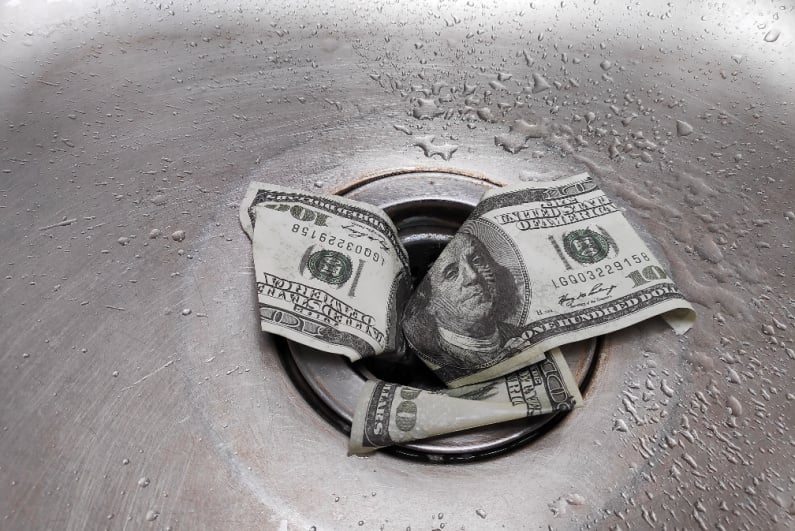Ex-track star to serve time
The law has finally caught up to cannabis Ponzi-scheming former UCLA decathlete David Bunevacz. US District Judge Dale S. Fischer has sentenced him to 17.5 years in a federal prison for fraud.
scammed investors over cannabis vape pens
In California on Monday, Judge Fischer sentenced the 53-year-old Calabasas resident to 210 months in jail for fraudulently earning $45m+ in funds. He scammed investors over cannabis vape pens in a classic Ponzi scheme.
The US Attorney’s Office Los Angeles (USAO-LA) shared Bunevacz’s sentence via Twitter:
According to an affidavit cited by US Attorney’s Office Central District of California (USAO-CDC) on Bunevacz’s arrest in April 2022, the ex-decathlete allegedly spent $8.1m of the stolen cash at casinos. He spent further funds on other extravagances, such as a $330,000 horse.
Along with the prison term, Judge Fischer also ordered Bunevacz — who has remained in federal custody since his arrest and July 18 conviction — to pay $35.3m in restitution.
Jeckyll and Hyde
Post UCLA, Bunevacz represented the Philippines in the decathlon at track and field meets. According to a DOJ news release Monday, the scammer used his athletic past to tout his success via a blog. Another tool he used to paint the picture of a successful, public facing family was his wife and daughter’s appearence in a reality TV show.
Behind the public eye, however, Bunevacz was as hinky as a used pole vault.
As Judge Fischer noted, Bunevacz:
“preyed on individuals who believed he was their friend.”
Dating back to 2010, Bunevacz created multiple businesses that the Filipino American claimed were active in the cannabis industry “and the sale of vape pens containing cannabis products such as CBD oil and THC.”
Lies Bunevacz told investors included his established links with a Chinese manufacturer of disposable vape pens, court documents reveal. The pens would supposedly then get filled with “raw pesticide-free oil” which was enhanced by what Bunevacz allegedly referred to as “our proprietary custom process” in a lab.
The disgraced ex-track and field star would furnish investors with forged documents such as bank statements, purchase orders, and invoices to back up the fictitious success of his businesses, and the subsequent need for investor funding. Some of these funds were allegedly used to reimburse earlier investors in a move straight out of the Ponzi scheme playbook.
Mass-scale harms
According to the government filing, the $45.2m Bunevacz made came from:
“more than 100 victim-investors.”
In a sentencing memo, prosecutors argued that given the amount of victims plus “the sense of violation, the assault on personal dignity, and the lasting trauma,” Bunevacz caused “harms at a scale rarely seen.”



